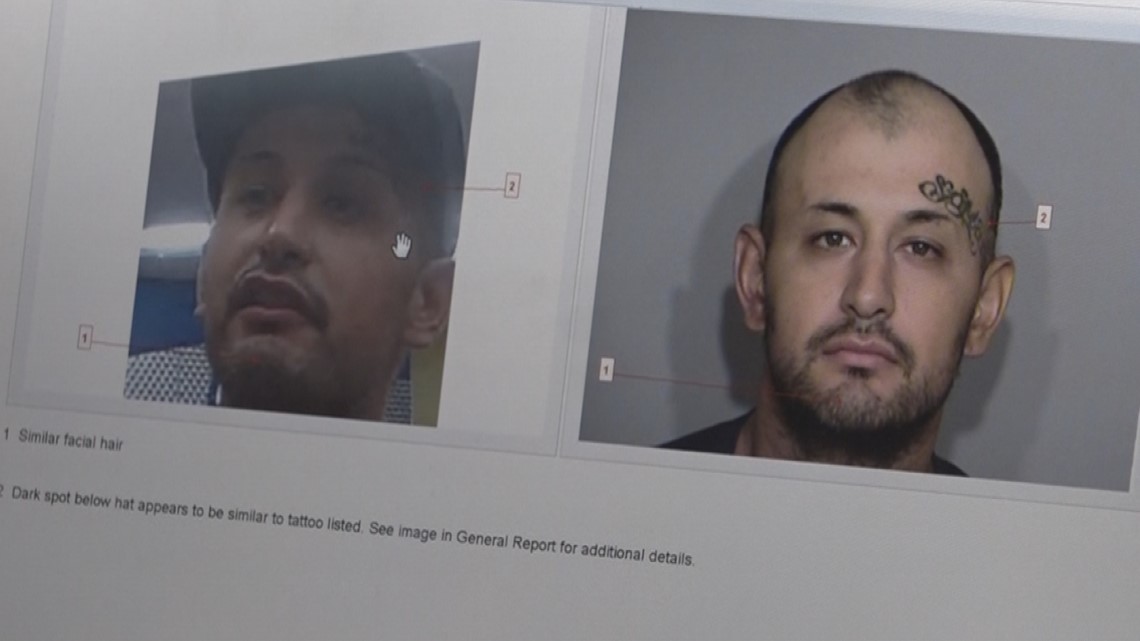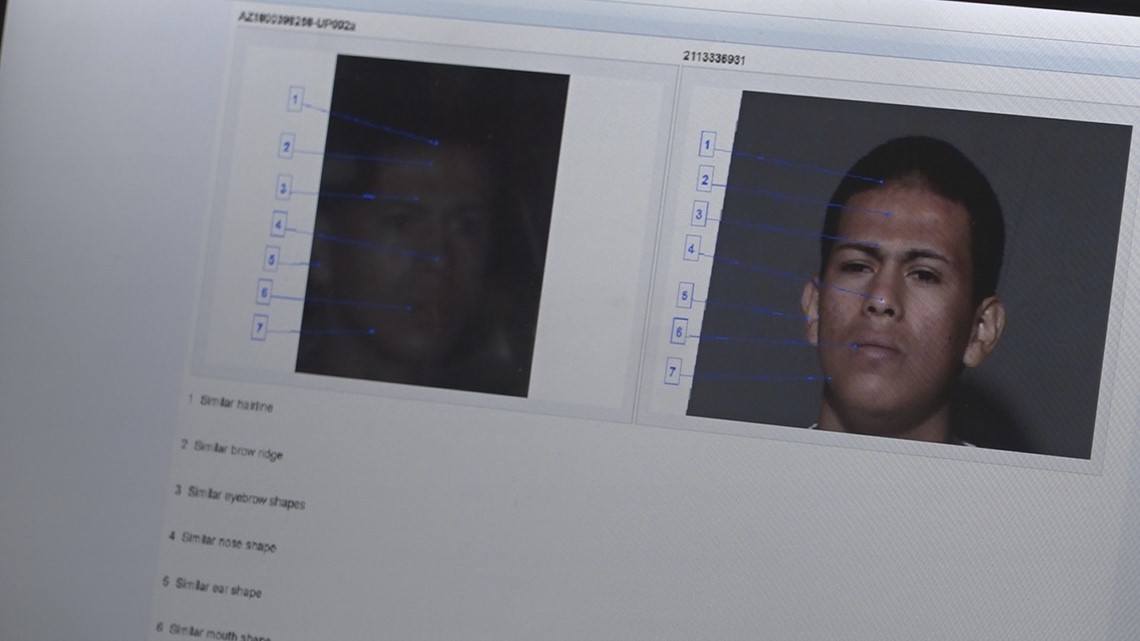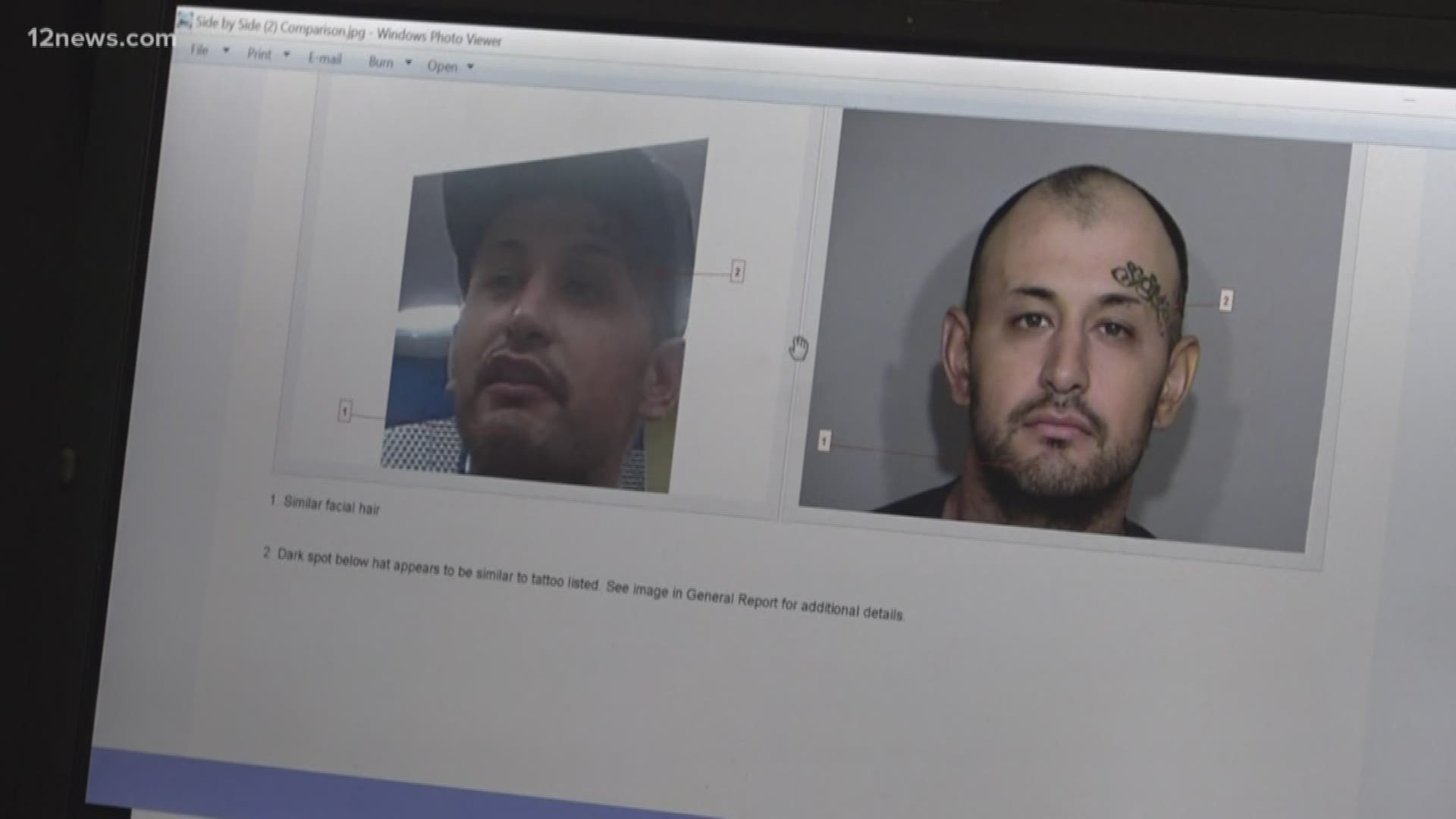A security camera photo and a little bit of time with some advanced software—that’s how the Arizona Department of Public Safety was able to help Phoenix police track down a man suspected of robbing a Circle K last month with a knife.
All investigators had was a photo off of surveillance footage of when the suspect, Adrian Galaviz, is believed to have robbed the convenience store.
They gave that photo to the Facial Recognition Unit at DPS, which ran it through its database. The unit's forensic face examiners found a lead, which, after investigation, led to Galaviz’s arrest.
"That's based on the algorithm, based on the similarities and the measurements it's seeing in the face. Whether that person is in there or not, we'll always get something back to look at,” Sgt. Daniel Heltemes said.


Heltemes said their database has roughly 13 million mug shots in it dating back to the late 1990s. The software can help generate a lead in as quick as five minutes or less.
"Back in the day, you used to have to have a very nice clean photo of a person looking straight on at the camera, great lighting, that's not necessarily the case anymore," Heltemes said.


Heltemes referenced a case out of Scottsdale as an example. Christian Placencia was caught on a red-light camera running from police at night but had fictitious plates, so they didn’t know who he was.
The database took the grainy photo taken at night and developed a lead which ultimately led his arrest.
Heltemes compares the technology to the role Silent Witness plays in an investigation, saying the picture is a starting point to be investigated further.
"We just don't go and arrest somebody just because they come back in the system and may look similar,” Heltemes said.

